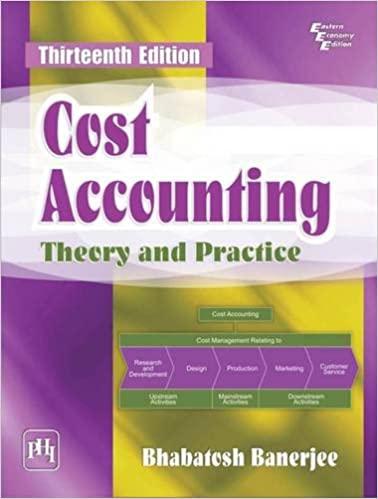Answered step by step
Verified Expert Solution
Question
1 Approved Answer
PREVENTING A CARBON BUBBLE CRASH This is the Church taking direct action and showing that it s not willing to profit from destroying the Earth.
PREVENTING A CARBON BUBBLE CRASH
This is the Church taking direct action and showing that its not willing to profit from destroying the Earth.
Thats what Justin Whelan, Paddington Uniting Church mission development manager, had to say after the churchs NSW and ACT branches voted to stop investing in fossil fuel companies. The decision, from one of the largest churches in the country, signifies a significant point in growing campaigns in Australia to withdraw investment from fossil fuel companies.
At the height of the antiapartheid campaigns in the s activists took aim at companies that were doing business in South Africa. This was a way to withhold resources and show outrage at the crimes of the apartheid regime. It has been credited with playing a significant role in its downfall.
Today, with the threat of climate change looming, activists are looking back to the s to draw inspiration for a new fight. Fossil fuel divestment campaigns are spreading across Australia as activists target what many think is the root cause of the problem: money.
Australian campaigns have picked up on the issue and have started with their eyes firmly on universities.
Tom Swann, a student at the Australian National University ANU and a founding member of one of Australias first divestment campaigns, Fossil Free ANU, argues that universities are essential to taking action on climate change.
We dont think its appropriate that a university that likes to boast its green credentials and its worldclass research on climate change and other environmental issues invests its student fees in the companies that are creating this problem, Swann says.
Australian campaigns are going beyond university campuses, with activists taking on a much bigger target. At the start of the year, the Australian Youth Climate Coalition AYCC in partnership with the Asset Owners Disclosure Project AODP began a campaign targeting superannuation funds energy investments. Charlie Wood, who helped set up the campaign, and now works with AODP, said they had decided to target super funds because of the massive influence they have in the finance sector.
Superannuation is the largest source of wealth on the planet, so if were looking for ways to increase support for renewable energy and reduce emissions, then we must start focusing on the finance sector, Wood explains. Political campaigning is obviously important, but money speaks.
The campaign is based around the idea of getting super fund members to take an interest in where their money is invested. Members start by emailing their funds using an online platform developed by the AODP.
The whole idea is to engage members to approach their funds and firstly to ask them what their money is invested in Secondly, theyll be encouraging their funds to increase their investments in renewable energy and, in so doing, indirectly moving their money out of the highcarbon economy.
This approach has the potential to yield significant results. Super funds hold huge amounts of money; in Australia alone, $ trillion is invested in our retirement funds. If these investors were to start withdrawing their money from these fossil fuel companies, it is certain to have an impact.
For many though, this isnt just about ethical and environmental considerations, but about financial considerations as well. Some are arguing that it will become inevitable that fossil fuel companies will have to eventually shut down, and that it makes sense for organisations to pull out now before they start posting losses.
Tom Swann from the ANU is realistic about the power of his campaign. Obviously divestment is not an end in itself. It is one tactic amongst many. But, when you consider the scale and urgency of the problem and the fact that this is something people can do on their own campuses, in their own communities, and see tangible results, I think it is an extremely important tactic.
These industries have to go out of business, or the planet is going to go out of business.
Source: Simon Copland, Preventing a carbon bubble crash ABC News
QUESTIONS
Identify why you would expect the Uniting Church to have an interest in climate change.
Step by Step Solution
There are 3 Steps involved in it
Step: 1

Get Instant Access to Expert-Tailored Solutions
See step-by-step solutions with expert insights and AI powered tools for academic success
Step: 2

Step: 3

Ace Your Homework with AI
Get the answers you need in no time with our AI-driven, step-by-step assistance
Get Started


